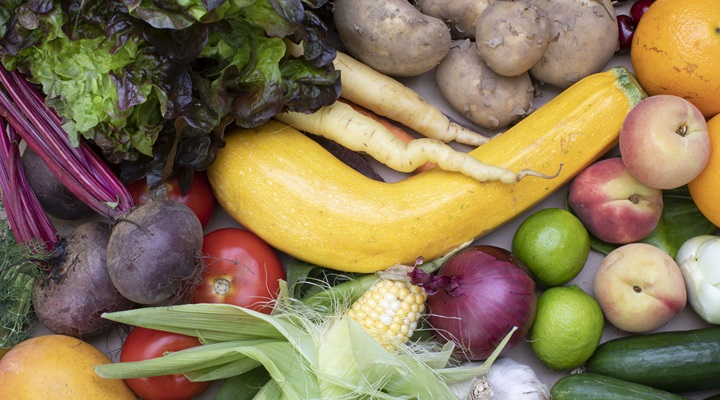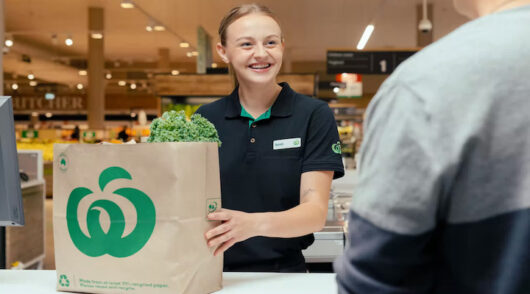Sydney-based social enterprise Good & Fugly has released its inaugural The Farm To Supermarket Food Waste Report 2023, which explores farmer and supermarket relationships.
The report highlights the range of concerns worrying farmers such as rising production costs, labour issues, and weather conditions. Of particular concern though is produce rejection by supermarkets, with 25 per cent of small farmers and 32 per cent of larger farmers citing it as a concern, with some larger farmers ranking it above cashflow issues and lack of control over pricing.
As to the reason for produce rejection, 56 per cent agree that cosmetic issues are a major reason and the same number think making better use of imperfect produce is important to improve sustainability in the agricultural sector.
The appearance of fruits and vegetables is a huge part of the food waste issue. ‘Appearance’ is overwhelmingly the reason supermarkets reject fruit and vegetables, followed by size with farmers reporting that 68 per cent of fruit and vegetable rejection from commercial buyers was due to appearance.
Such prospect of rejection by commercial buyers influences on-farm ‘self-rejection’, with 51 per cent of farmers screening good produce because they don’t think it will be accepted by commercial buyers. Furthermore, 20 per cent of large farmers are losing more than 30 per cent of what they grow because they expect it to be rejected by supermarkets because of its appearance or size.
Farmers also feel that supermarkets are too strict on their screening of fruit and vegetables, with 40 per cent of large farmers reporting that supermarkets will reject a whole pallet over one ‘bad apple’.
Almost a quarter of smaller farmers (23 per cent) report that supermarkets expect them to hand over imperfect produce for free. This increases to almost one in three (32 per cent) for larger farmers. And overall, only 19 per cent of farmers believe they are paid a fair price for their produce by commercial buyers.
Due to these rejections, 12 per cent have reported an annual loss of $50,000 or more and farmers have a limited range of options for rejected produce. In fact, while 37 per cent said the rejected produce can be sold to alternate buyers, this is often at a discount. 32 per cent said that rejected produce is repurposed into other products such as marmalade and soaps.
“The stats around food waste in Australia, and across the globe, are staggering,” Good & Fugly co-founder, Richard Tourino, commented on the findings. “Globally one billion tonnes of food produced for humans is wasted each year. This wastage produces eight per cent of global greenhouse gas emissions and 25 per cent of all vegetables produced don’t leave the farm.
“It’s the food waste lost between farm and supermarket that we wanted to unpack with this report,” Tourino added. “We’re hoping as the years go on, we see some of the numbers shift as attitudes towards the aesthetics of fruit and vegetables change. But for now, we’ve still got a long way to go.
“It’s not just up to farmers and supermarkets to solve this issue, the more consumer demand there is and uptake in eating quirky produce, or looking for new and innovative ways to utilise ‘fugly’ fruit and vegetables by local companies, the better it will be for everyone,” Tourino continued. “We’re already seeing a surge in creative start-ups tackling the food waste problem in their own ways and supporting farmers along the way. We’re urging supermarket giants to reconsider how they screen their produce and to normalise the sale of quirky looking fruits and veggies. It will be better for the environment, for farmers, and for Aussie consumers’ wallets.”
This story was originally published on Inside Small Business.






